How Long To Use Baby Monitor?
When it comes to parenting, one of the most frequently asked questions is, "How long should I use a baby monitor?" This question is not only common but also crucial for ensuring the safety and well-being of your child. Baby monitors have become an essential tool for modern parents, providing peace of mind and the ability to keep an eye (or ear) on their little ones from a distance. However, the duration for which a baby monitor should be used is a topic that often sparks debate. In this article, we will delve into the various factors that influence this decision, providing a comprehensive guide to help you determine the appropriate time to stop using a baby monitor.
Understanding the Purpose of a Baby Monitor
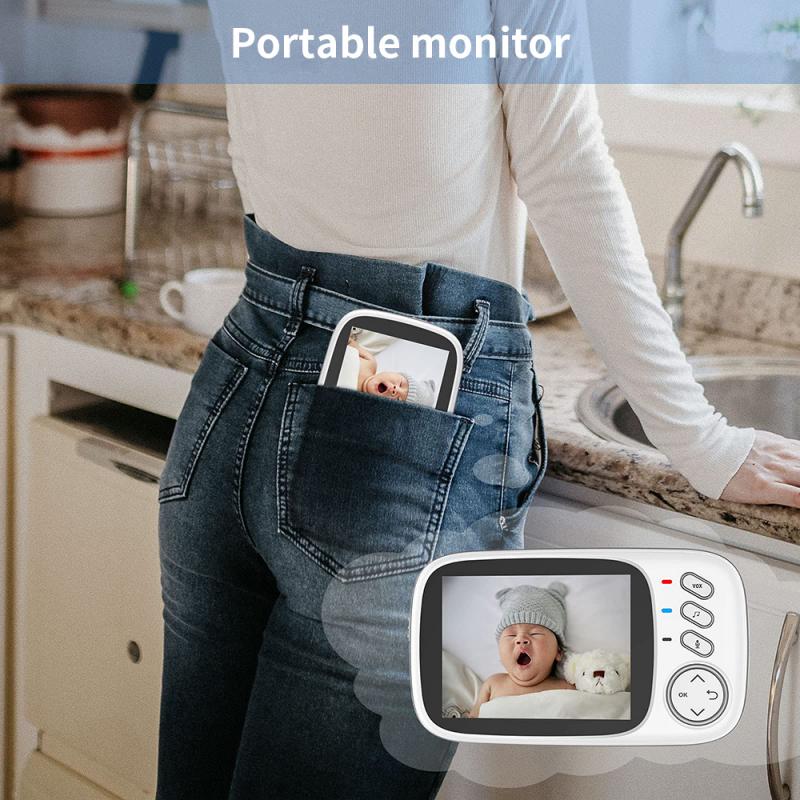
Before we discuss the duration of use, it's essential to understand the primary purpose of a baby monitor. Baby monitors are designed to help parents keep track of their baby's activities, especially during sleep. They come in various forms, including audio monitors, video monitors, and smart monitors with additional features like temperature sensors and movement detectors. The primary goal is to ensure the baby's safety and provide parents with peace of mind.
Factors Influencing the Duration of Baby Monitor Use
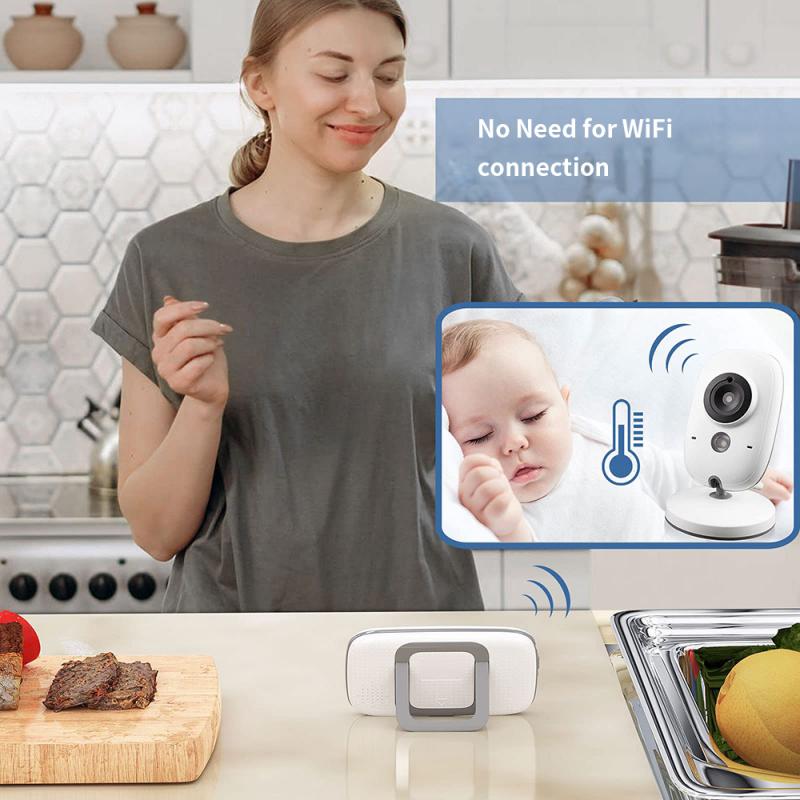
1. Age of the Child
The age of your child is one of the most significant factors in determining how long to use a baby monitor. Generally, baby monitors are most useful during the first year of a child's life. During this period, infants are more vulnerable to risks such as Sudden Infant Death Syndrome (SIDS), and parents are often more anxious about their baby's well-being.
As your child grows older and becomes more mobile, the need for constant monitoring may decrease. By the time your child reaches toddlerhood (around 18 months to 2 years), they are usually more capable of expressing their needs and are less at risk of SIDS. However, some parents may choose to continue using a monitor for a bit longer, especially if their child has health issues or if they feel more comfortable doing so.
2. Sleeping Arrangements
Your child's sleeping arrangements can also influence how long you use a baby monitor. If your baby sleeps in a separate room, a monitor can be invaluable for keeping an eye on them without having to physically check on them constantly. On the other hand, if your baby sleeps in the same room as you, the need for a monitor may be less pressing.
As your child transitions to their own room, you might find it helpful to continue using the monitor until both you and your child are comfortable with the new arrangement. This transition period can vary from family to family, but it typically occurs between 6 months to 1 year of age.
3. Parental Anxiety and Peace of Mind
Parental anxiety is a significant factor in the decision to use a baby monitor. Some parents may feel more at ease knowing they can hear or see their baby at any time, while others may find that the monitor increases their anxiety by making them overly vigilant. It's essential to strike a balance between ensuring your child's safety and maintaining your own mental well-being.
If you find that the monitor is causing more stress than relief, it might be time to consider weaning off its use. Conversely, if the monitor provides you with peace of mind and helps you sleep better, there is no harm in using it for a more extended period.
4. Child's Health and Development
If your child has specific health concerns or developmental issues, you may need to use a baby monitor for a longer duration. For instance, children with respiratory problems, sleep apnea, or other medical conditions may require closer monitoring. In such cases, consult with your pediatrician to determine the best course of action.
Signs That It Might Be Time to Stop Using a Baby Monitor
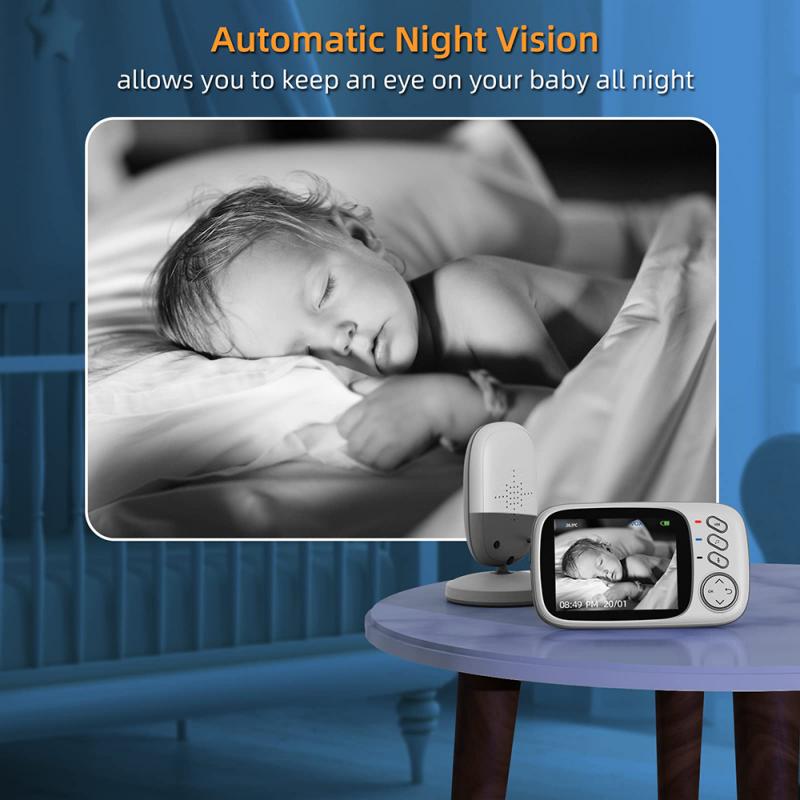
While there is no one-size-fits-all answer to how long you should use a baby monitor, there are some signs that it might be time to stop:
1. Your Child Sleeps Through the Night: If your child consistently sleeps through the night without waking up, it might be a sign that you no longer need to monitor them as closely.
2. Your Child Can Communicate Their Needs: Once your child can verbally express their needs or call out to you if they need something, the necessity of a monitor diminishes.
3. You Feel Confident in Your Child's Safety: If you feel confident that your child is safe and secure in their sleeping environment, you might consider discontinuing the use of the monitor.
4. The Monitor Causes More Anxiety Than Relief: If you find that the monitor is causing you more stress and anxiety, it might be time to consider weaning off its use.
Transitioning Away from the Baby Monitor
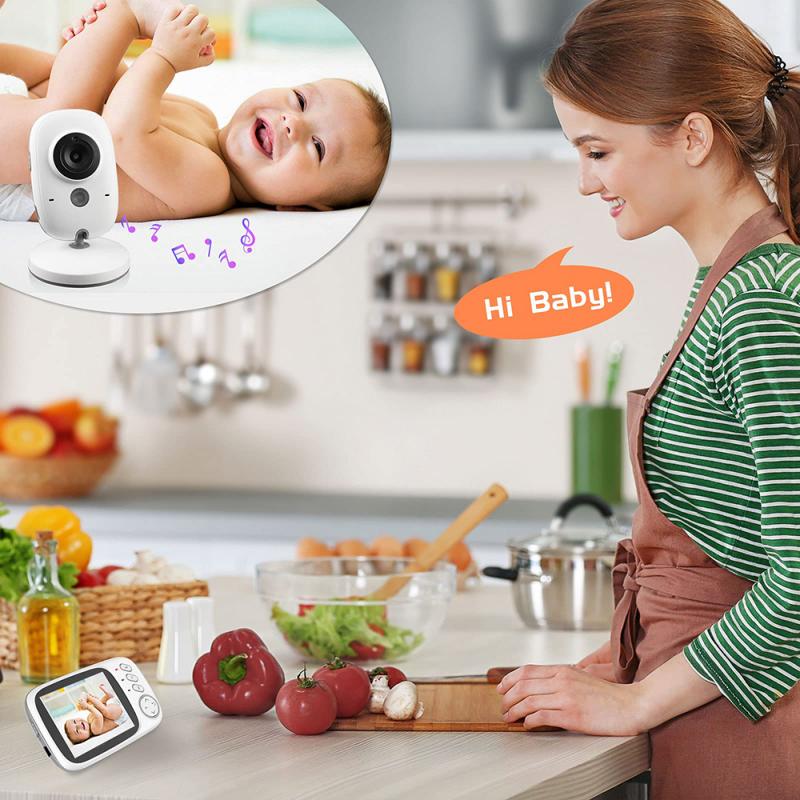
If you decide that it's time to stop using the baby monitor, it's essential to transition gradually. Here are some tips to help you make the transition smoothly:
1. Start with Naps: Begin by turning off the monitor during daytime naps. This will help you get used to not relying on the monitor while still being able to check on your child easily.
2. Gradually Reduce Nighttime Use: Once you are comfortable with not using the monitor during naps, start reducing its use at night. You can begin by turning it off for a few hours and gradually increase the duration.
3. Trust Your Instincts: Trust your parental instincts and listen for any sounds that might indicate your child needs you. Most parents find that they can still hear their child without the monitor, especially if their rooms are close by.
4. Create a Safe Sleep Environment: Ensure that your child's sleep environment is safe and conducive to good sleep. This includes using a firm mattress, keeping the crib free of loose bedding and toys, and maintaining a comfortable room temperature.
Deciding how long to use a baby monitor is a personal decision that depends on various factors, including your child's age, sleeping arrangements, parental anxiety, and your child's health and development. While baby monitors are incredibly useful during the early months of a child's life, their necessity may decrease as your child grows older and becomes more independent.
Ultimately, the goal is to ensure your child's safety while also maintaining your peace of mind. By considering the factors discussed in this article and paying attention to the signs that it might be time to stop using the monitor, you can make an informed decision that works best for your family. Remember, there is no right or wrong answer, and what matters most is that both you and your child feel safe and secure.

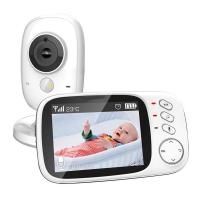

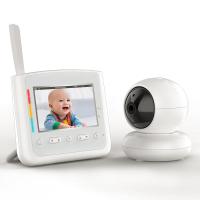
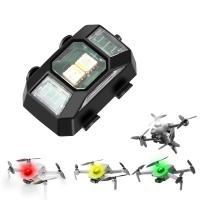



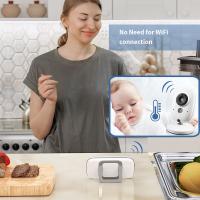
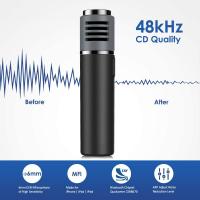
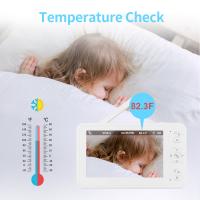

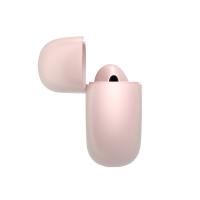




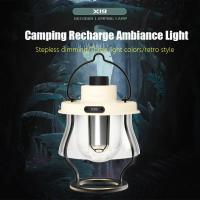
There are no comments for this blog.